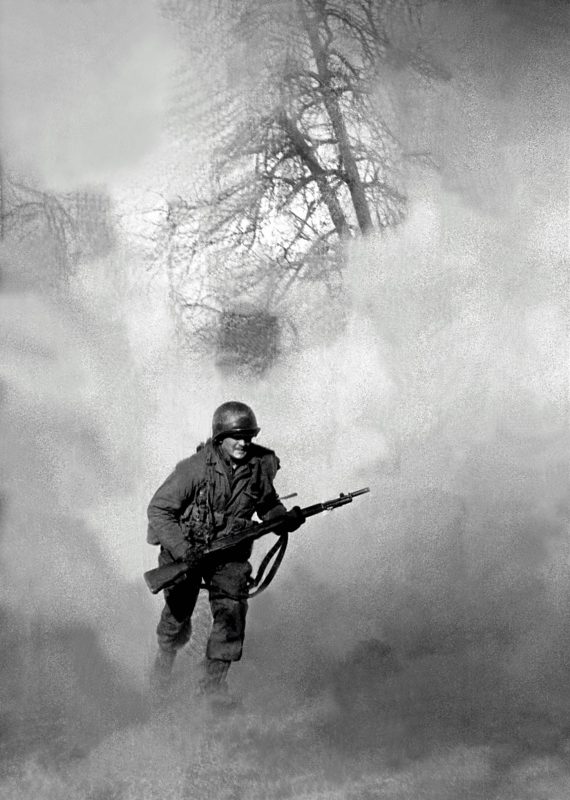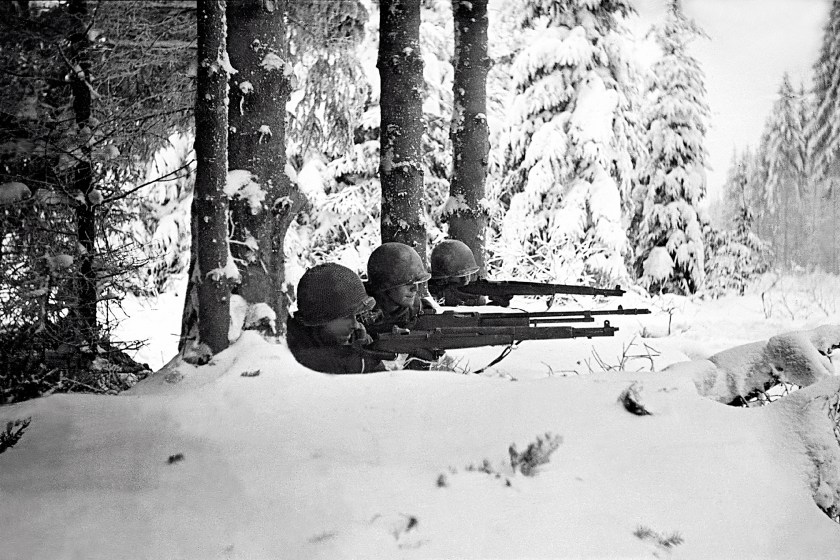
A new HBO documentary, Underfire: The Untold Story of PFC. Tony Vaccaro, focuses on WWII veteran Tony Vaccaro’s dual responsibilities as both a combat infantryman and photographer. The film, directed by Max Lewkowicz, is guided by interviews with photographers and photojournalists, including Vaccaro himself. It explores the impact of witnessing and recording armed conflict, as well as the importance of such visual records.
Through Vaccaro’s recollections of his time as a soldier, the myriad difficulties photographers face in an active war zone are brought to light. Besides Vaccaro, interview subjects for Underfire include Pulitzer Prize-winning photojournalists Lynsey Addario and Tyler Hicks, New York Times senior photographer James Estrin, and John G. Morris, photo editor of LIFE magazine during World War II.
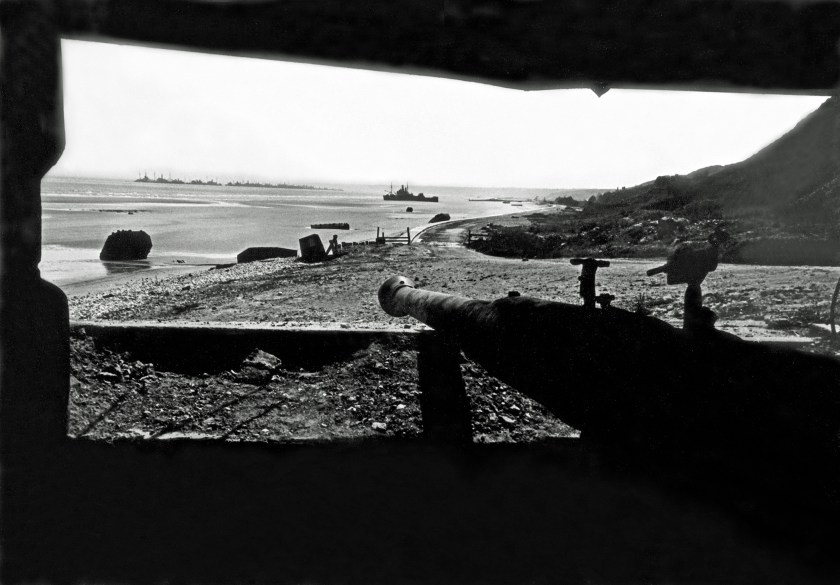
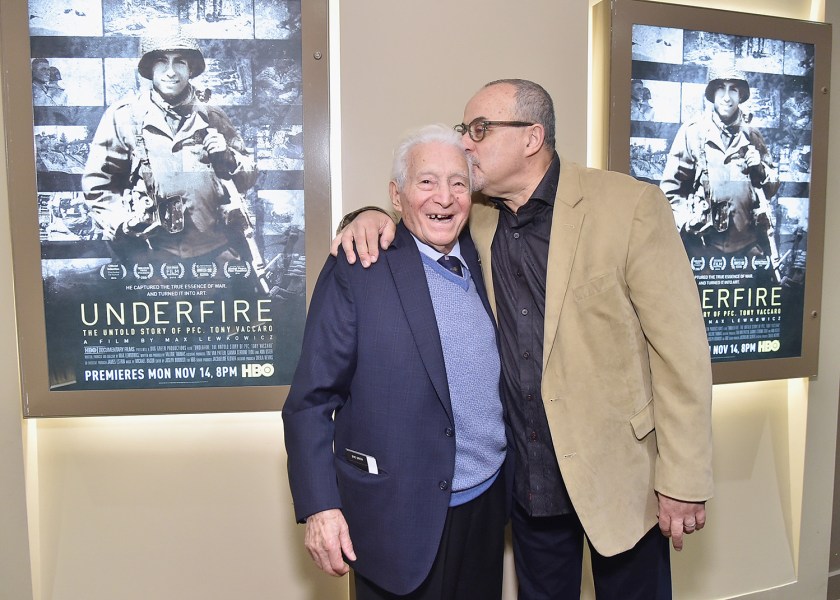
Vaccaro took over 8,000 photographs during the war, many of which are startling in their clarity and proximity. Since Vaccaro was also an infantryman, his combat perspective was rare among war photographers. “What’s so revealing about Tony Vaccaro’s photographs is he was one of them,” says one voiceover in the preview below. “They trusted him when fighting broke out.” His access to the front lines of the war’s biggest battles, an eye for composition, and relatable demeanor resulted in his stimulating candid images.
Just 21 years old when drafted, Vaccaro was relentless in making sure the war was documented. After being denied the position of Army photographer because he was too young, he brought his camera to Europe anyway—knowing infantrymen weren’t allowed to carry cameras. By the end of the war, Vaccaro estimates he took over 8,000 photographs. Some were even developed in his combat helmet on night missions—demonstrating his commitment to the craft.
After the war ended, Vaccaro successfully transitioned to fashion and magazine photography. Haunted by what he’d seen as an infantryman, Vaccaro never took another combat picture again, and the documentary doesn’t hide his complicated emotional response to his past.
Underfire: The Untold Story of PFC. Tony Vaccaro premiered on November 14, and is available to stream on HBO. Scroll down to see more of Vaccaro’s work below.
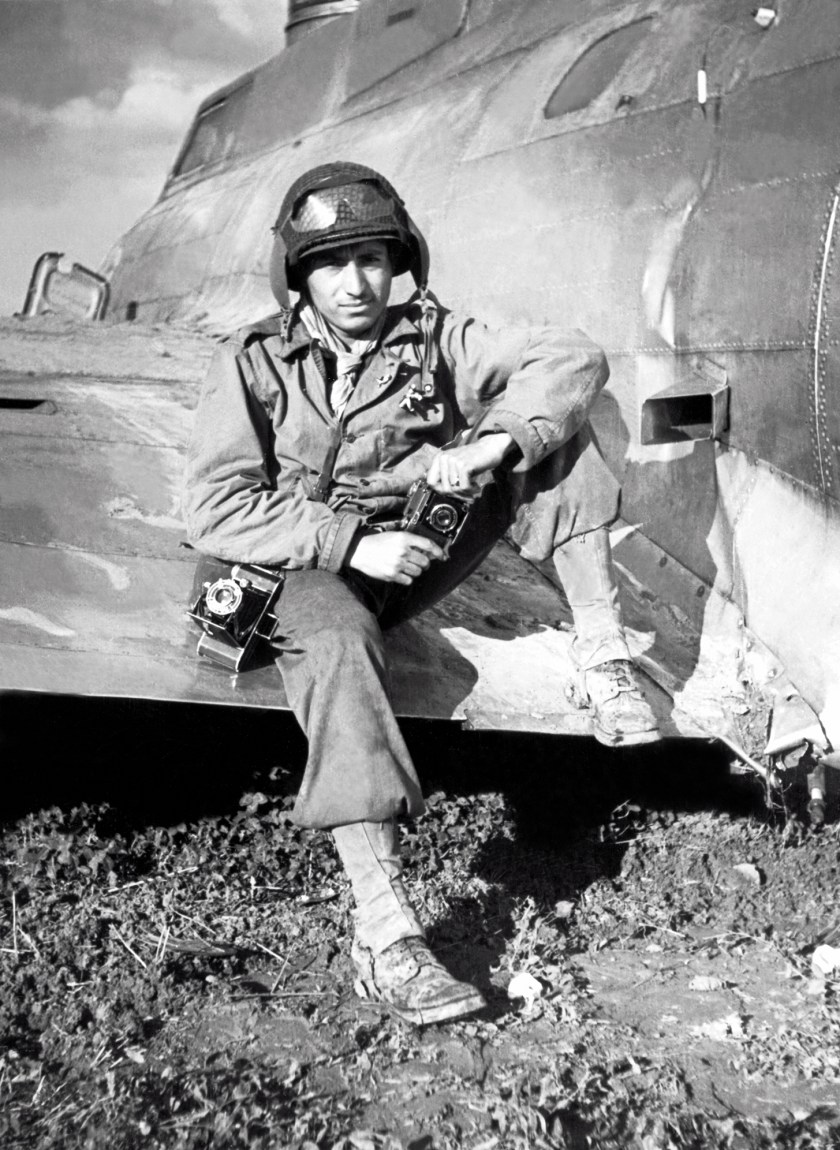
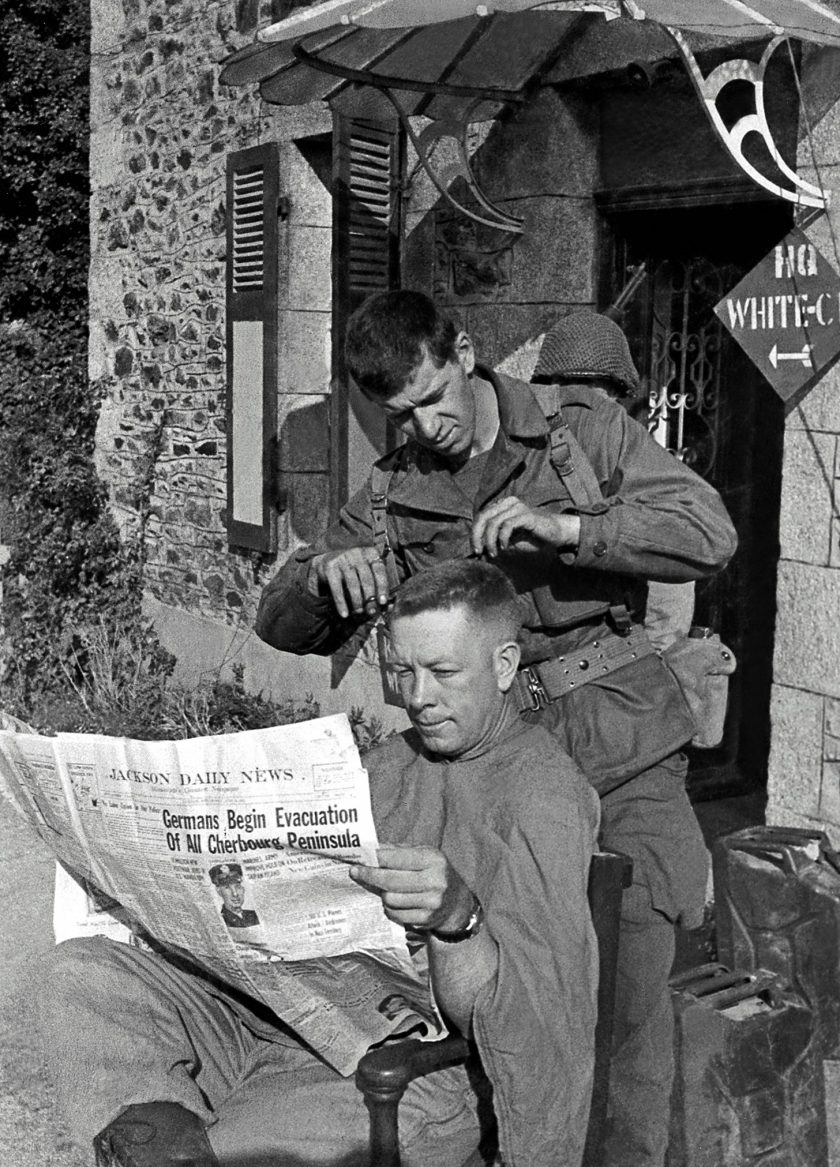
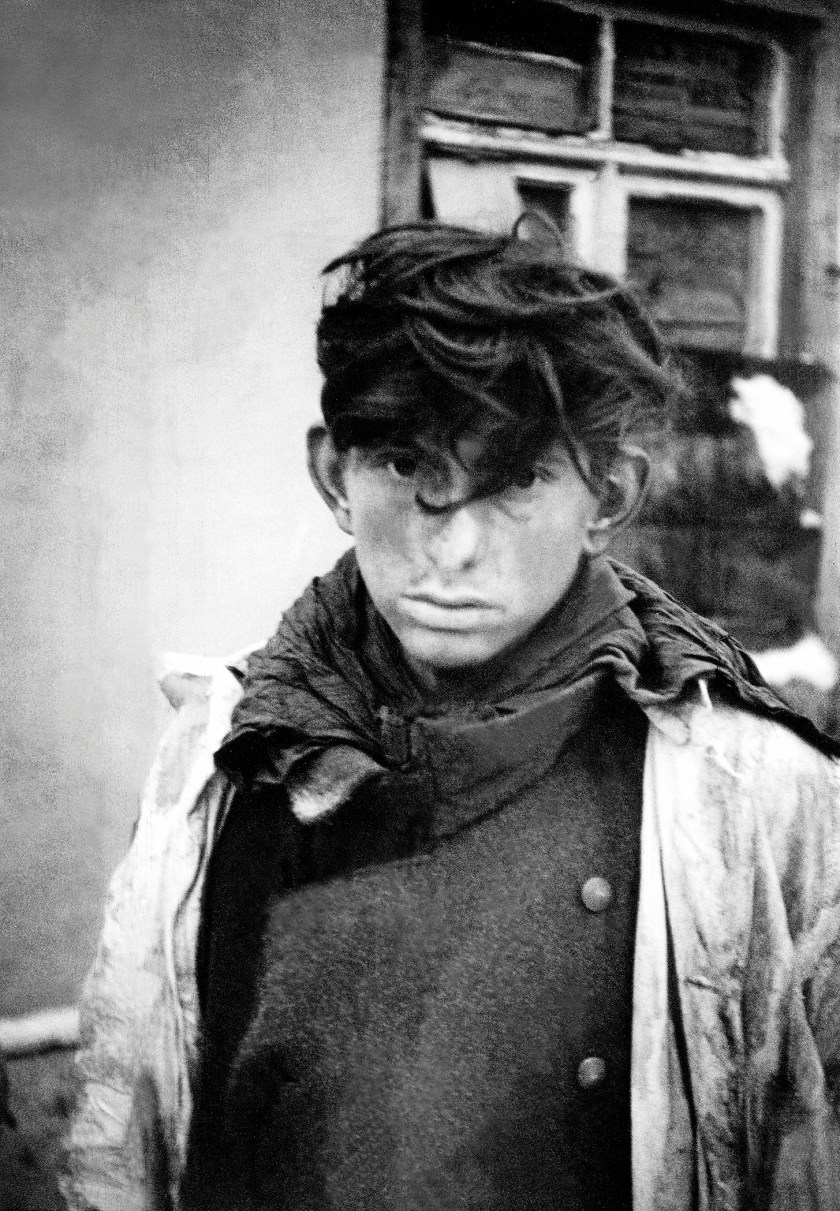
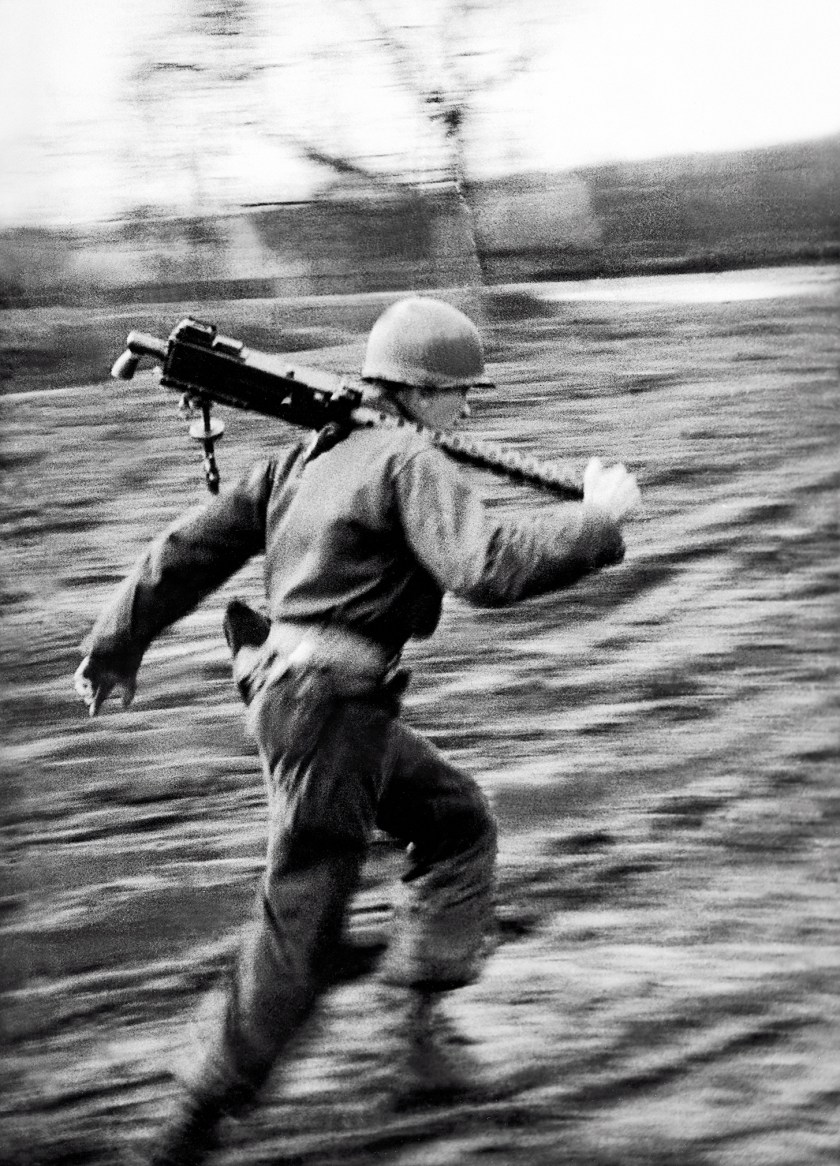
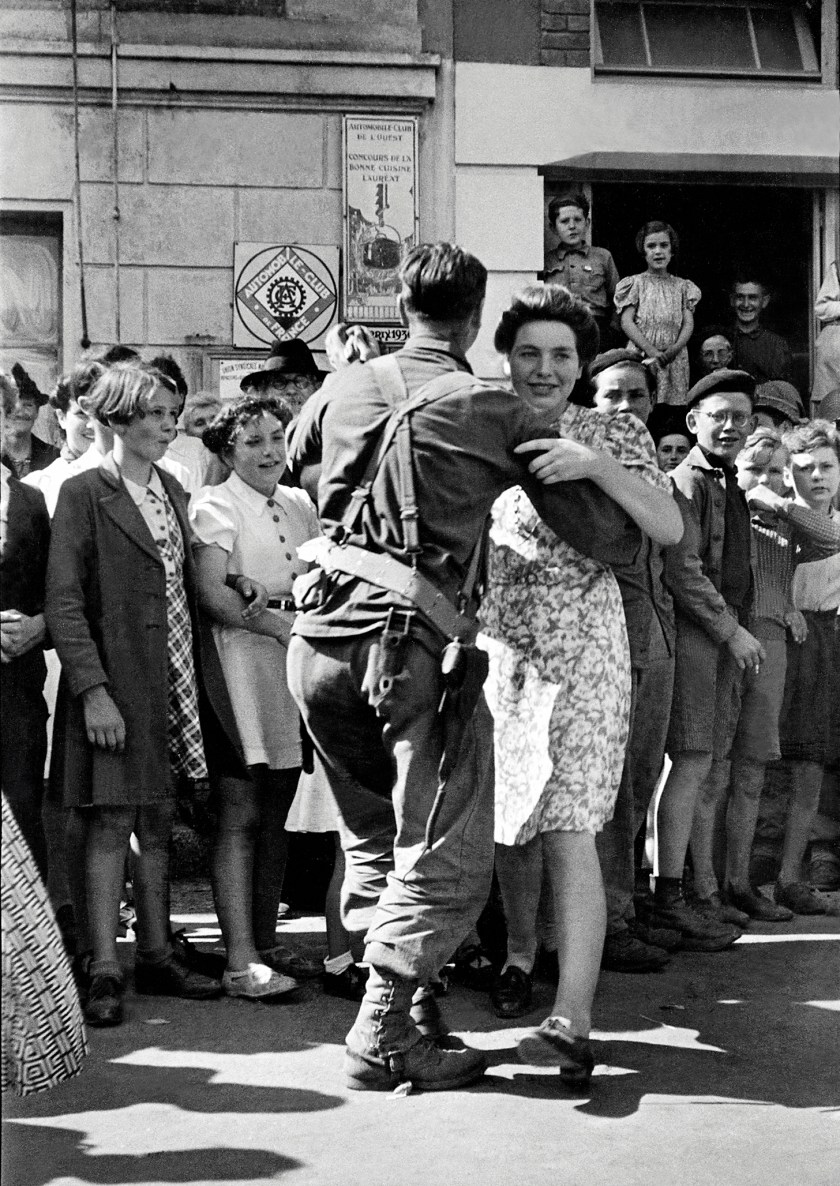
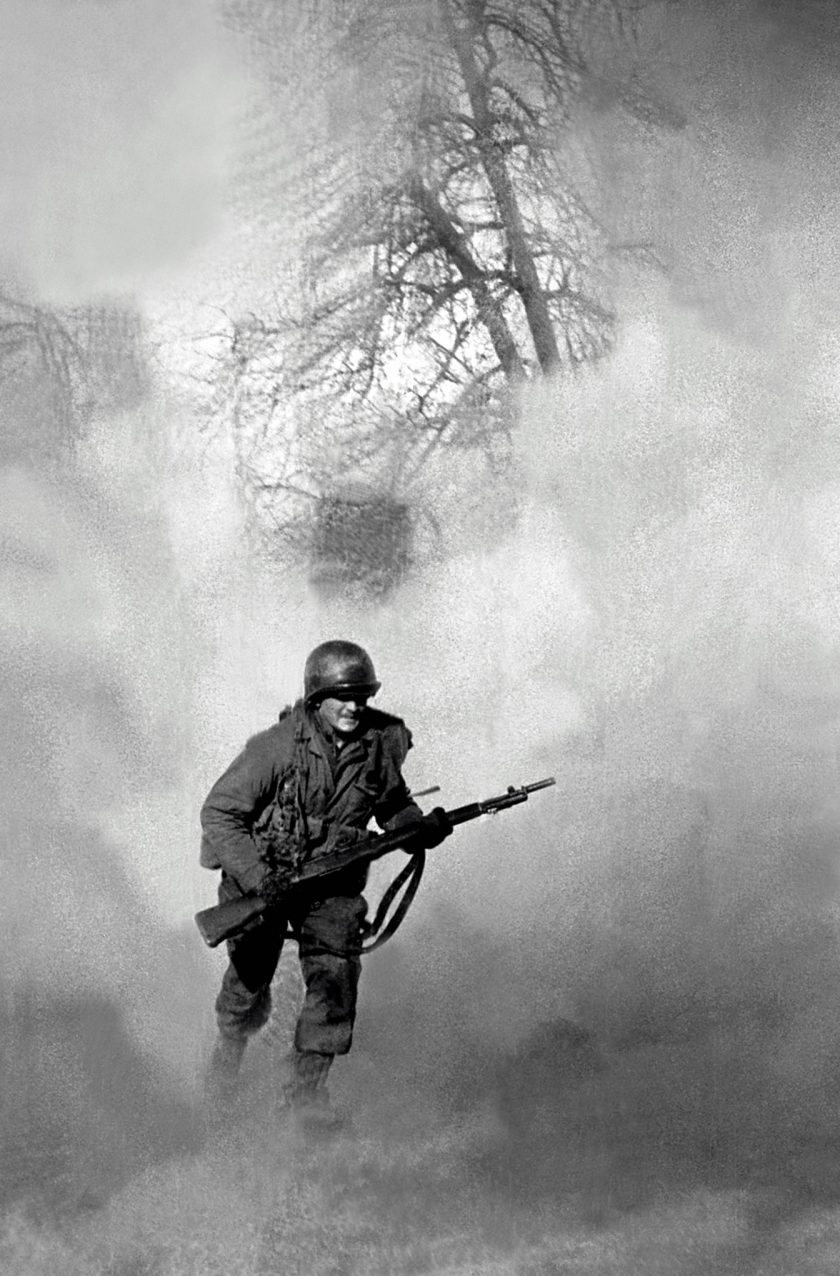
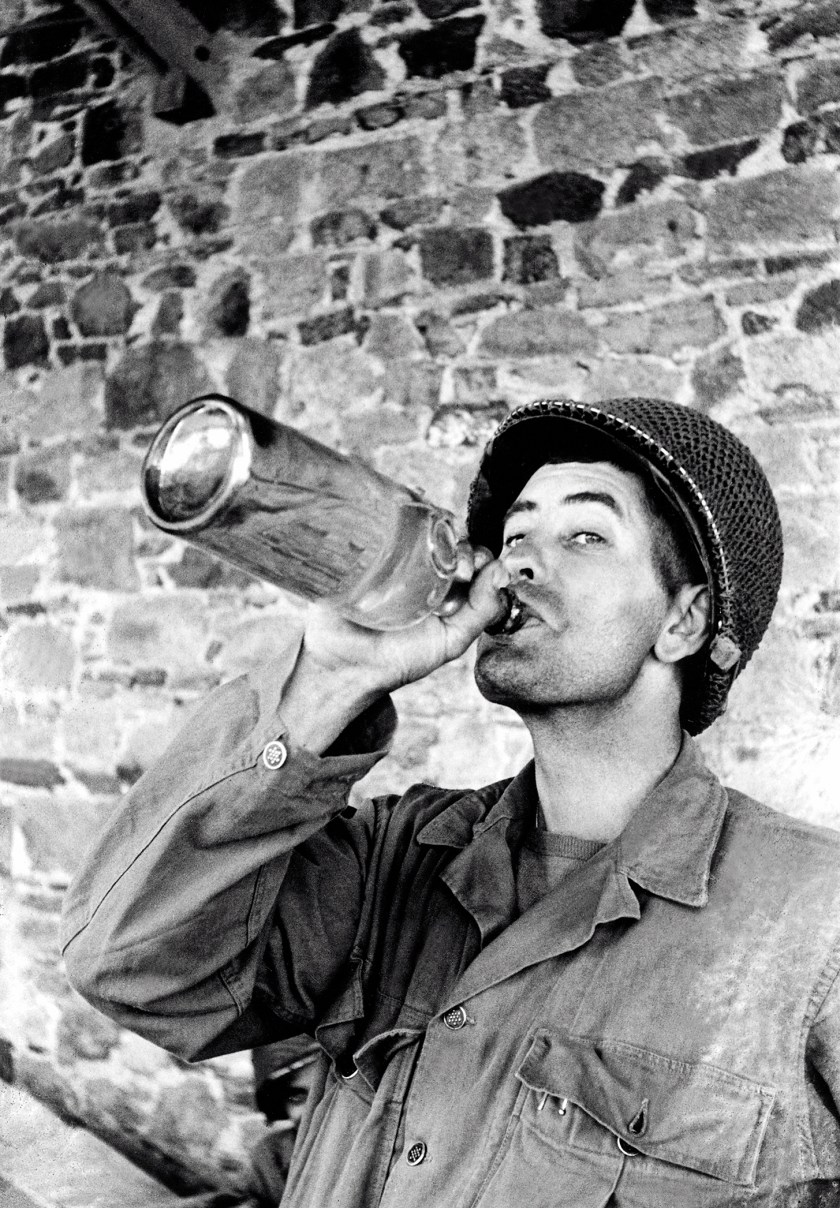
This article appeared in an InsideHook newsletter. Sign up for free to get more on travel, wellness, style, drinking, and culture.
